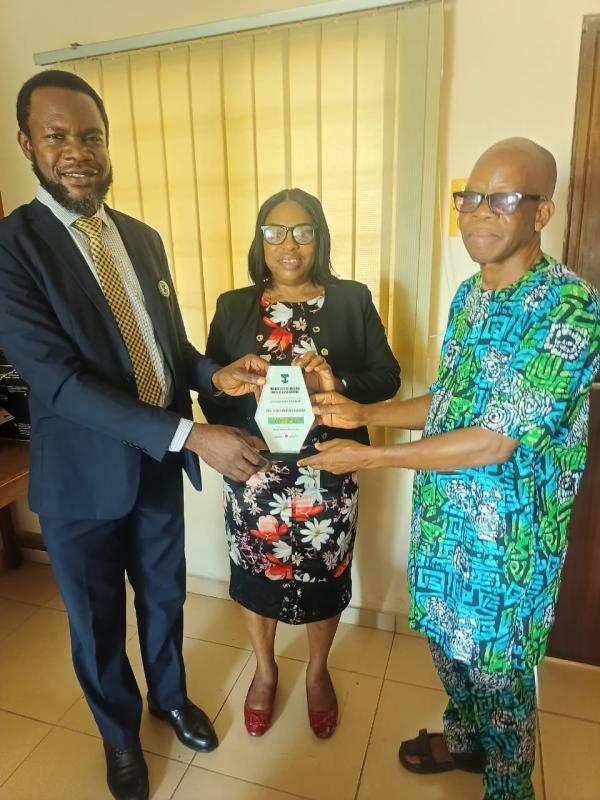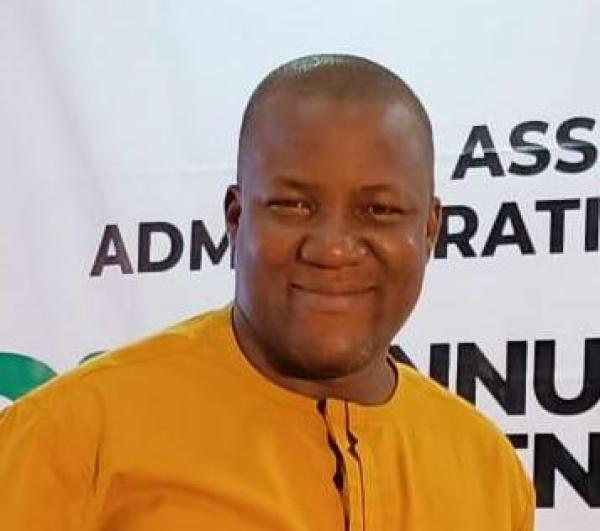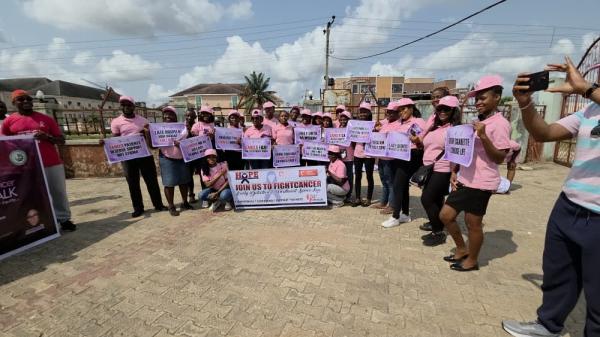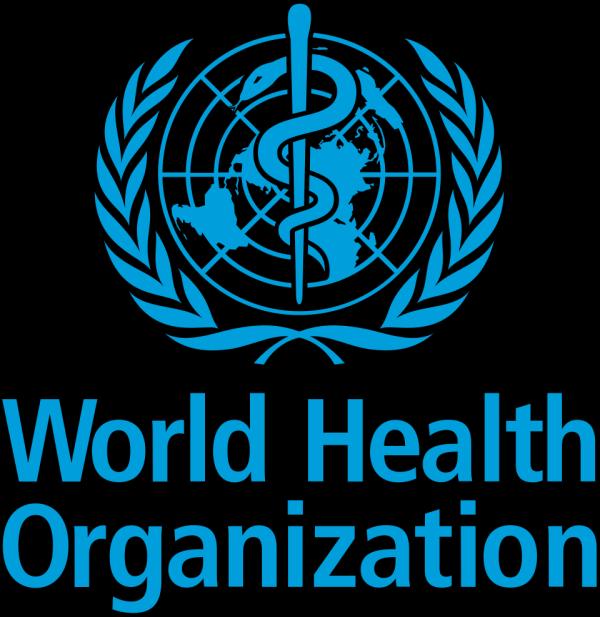The Pharmaceutical Society of Nigeria (PSN), on Wednesday, November 5, 2025, held its 98th Annual National Conference 'Scientific Session,' tagged (DABO 2025), bringing together pharmacists, researchers, industry leaders, academicians, policymakers, and representatives from leading health organizations.
The session, themed “Partners in Discovery: How Pharmacists Shaped My Journey Toward Novel Cancer Drugs,” explored the evolving role of pharmacists in cancer research, drug discovery, and therapeutic innovation.
The session was chaired by former PSN President, Pharm. (Mazi) Sam Ohuabunwa, who praised the conference theme as timely and deeply relevant.
In his introductory remarks, Ohuabunwa described the subject as “a powerful reminder of the indispensable contributions of pharmacists in scientific breakthroughs.”
He noted that pharmacists remain at the intersection of research, patient care, and drug innovation, adding that “every major therapeutic advancement we celebrate today rests on the foundation of pharmaceutical science.”
The presentation was delivered by Prof. Sarki Abba Abdulkadir, a renowned professor of urological research, whose lecture focused on the global burden of cancer and breakthroughs in targeting one of the most challenging cancer-driving proteins—MYC.
Prof. Abdulkadir began by situating cancer as one of the biggest health threats of the modern era. “Cancer remains a leading cause of death worldwide, with 19.3 million new cases and 10 million deaths recorded in 2020,” he said. He added that the burden is disproportionately heavier in developing nations because “low- and middle-income countries face higher cancer mortality due to limited early detection and restricted access to treatment.”
He warned that cancer incidence is expected to rise sharply in coming decades. “By 2040, global cancer cases could reach 28.4 million annually, driven by aging populations and lifestyle changes,” he explained.
Turning to innovations in oncology, Abdulkadir said advances in genomics, precision medicine, and drug discovery continue to open new therapeutic frontiers that offer hope for improved survival. One of the most promising yet difficult targets, he said, is MYC, a protein he described as “the emperor of oncoproteins.”
According to him, MYC is involved in the majority of human cancers, including lung, breast, prostate, and colorectal cancers. He explained that MYC acts as a transcription factor that promotes aggressive cell growth and proliferation, influencing processes such as metabolism, angiogenesis, cell adhesion, apoptosis, immune surveillance, and ribosomal biosynthesis.
Prof. Abdulkadir noted the long-standing challenge of neutralizing MYC. “For decades, MYC has been considered ‘undruggable’ because it is an intrinsically disordered protein with no obvious pocket for small molecules to bind,” he explained.
He walked participants through the complex steps of small-molecule drug development—from target identification and validation to discovery, optimization, clinical trials, and eventual regulatory approval.
He revealed that several MYC-targeting analogs have shown remarkable promise, with one candidate, VOR-001, emerging as the lead molecule.
“VOR-001 was selected for IND-enabling studies due to its favorable drug properties, higher potency, and superior pharmacological profile,” he stated. He described the evolutionary progression from early analogs—MYCi3611-3, MYCi9751-3, and MYCi605#—to the optimized VOR-001#.
In preclinical models, particularly hepatocellular carcinoma (HCC), Abdulkadir noted that “VOR-001 induces dose-dependent tumor regression.” Even more striking, he said, was its immunological effect: “Rechallenge with VOR-001 confers long-term, tumor-specific immune memory, suggesting durable therapeutic benefit.”
The professor also highlighted a patient-centric strategy for indication selection, explaining that researchers must identify where MYC amplification and overexpression are most clinically meaningful.
“We must focus on patient groups with the strongest biological rationale, highest unmet medical need, and the clearest path to approval,” he said, adding that considerations such as disease severity, incidence, competitive landscape, and feasibility guide prioritization for early clinical development.
Following his presentation, participants engaged Prof. Abdulkadir with questions ranging from clinical translation timelines to challenges in targeting intrinsically disordered proteins. He offered clarifications and emphasized the need for sustained investment in translational oncology.
Chairman of the session, Mazi Ohuabunwa, commended the speaker for what he described as an “exceptionally enlightening and inspiring lecture that underscores the transformative power of pharmaceutical science.”
He praised Prof. Abdulkadir’s work as a testament to the far-reaching impact Nigerian scientists continue to make globally.
The session closed with a reaffirmation of the critical role pharmacists play in drug discovery, patient-centered research, and advancing cancer therapeutics. As Ohuabunwa concluded, “If we are to conquer diseases like cancer, pharmacists must remain key partners in every step of the discovery and development journey.”






















